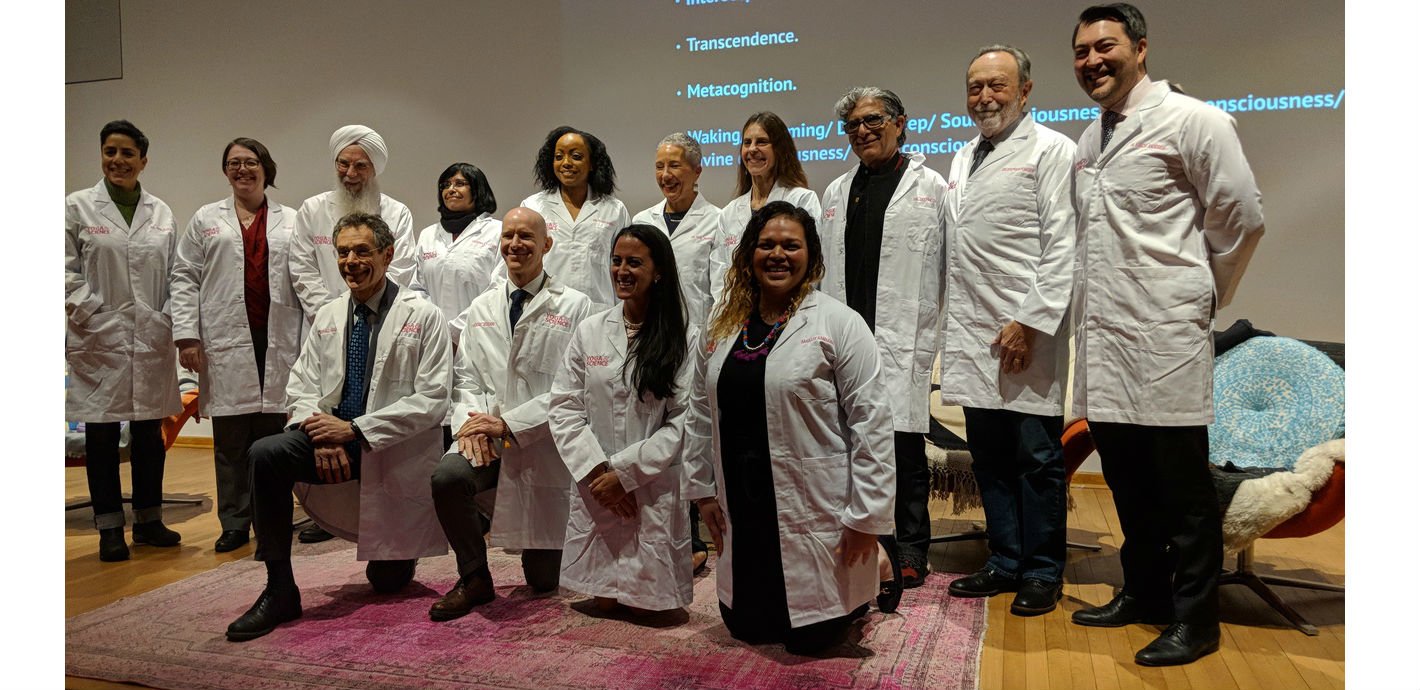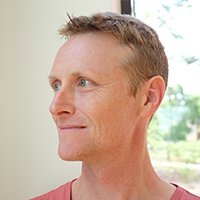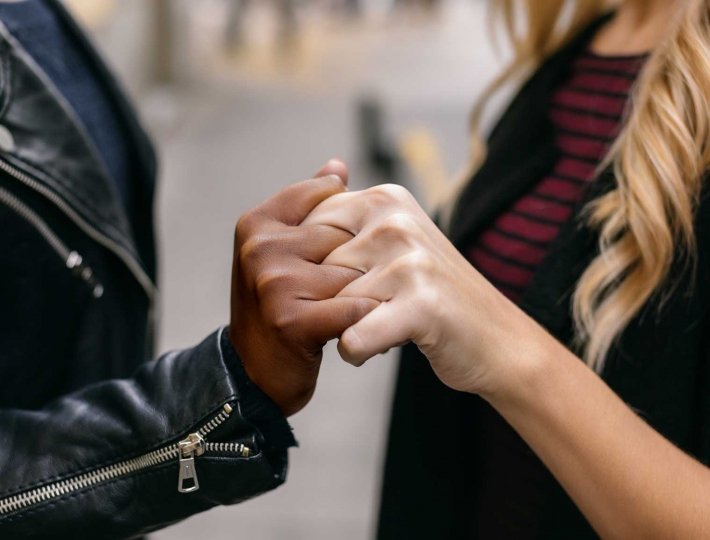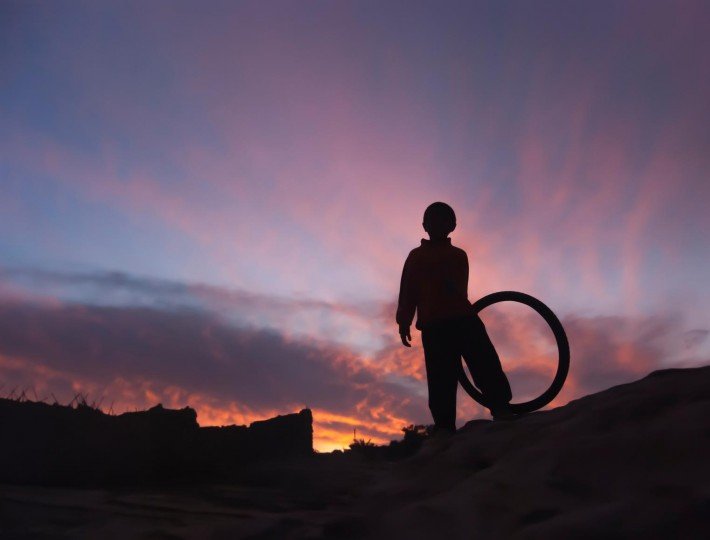The worlds of yoga and science may not seem inherently compatible, but the recent 2019 Yoga and Science Conference made the connection between the two not only clear but also intriguing. Over two days in January, nine experts from various disciplines in the natural and social sciences presented insights about the physiological mechanisms underlying yoga practices and their implications for individual and societal healing.
The event’s goal was to help attendants “leave with a better understanding of why yoga is so effective for so many people, and also how they can use specific yoga practices to achieve the effects that they are looking for,” conference founder Eddie Stern said. One consistent, resonant theme woven throughout was that through cultivating individual well-being, yoga practices also have the ability to promote social interconnectedness and thereby societal healing. Here is a brief recap of the conference’s top takeaways.
Social Connectedness Promotes Health
According to Stephen Porges, PhD, when we experience positive social connectedness, it triggers a sympathetic nervous response called the “polyvagal state”. This state of increased vagal tone not only coincides with tremendous health benefits, it triggers “co-regulation” in which positive feedback occurs between two or more individuals. In other words, the experience of connectedness promotes health and well-being. On the other hand, a chronic disruption of connectedness is the definition of trauma, according to Porges. Listening and witnessing—some of skills developed through yoga and meditation—are therapy, he says. But in terms of yoga as therapy, someone’s increased polyvagal tone only occurs when they are attentive and listening to another’s pro-social cues.
Yoga Can Heal the Wounds of Racial Distress
Based upon her clinical work, Gail Parker, PhD, observed that “race-based traumatic stress injury” occurs when people are continually marginalized. Over time, the experience of ongoing, recurrent exclusion and subtle hostility results in maladaptive responses, including intrusive thoughts, irritability, and overall stress. All of these have been directly correlated with so-called “life-style illnesses” such as diabetes, obesity, and heart disease. Parker called on individual yoga practitioners to acknowledge their own unwitting participation in exclusive communities marked by racial and economic homogeneity and to strive to create inclusive environments within yoga. Resonating with Porges’s talk, she emphasized the need for face-to-face eye contact as a vital component of social connectedness.
Related: A Conscious Reflection on Racial Tensions in America
Yoga Teaches Survival of the Wisest
Drawing on the classical Indian system of non-dualism philosophy (Advaita Vedanta), Deepak Chopra, MD, led the audience on a thought experiment proposing that what is ultimately real is in fact pure consciousness or “a field of infinite possibilities”. “Biology is an experience of awareness, not container of awareness,” he said, and the notion “I have a body” is merely a perceptual activity of an experience that shifts every moment. The higher brain functions and emotional potentials of metacognition and empathy that are cultivated in yoga practices are themselves evidence of how our everyday awareness represents only “limited bandwidth” of an infinite spectrum, he said. What the science is demonstrating, he explained, is that the cultivation of self-awareness through yoga and everything entailed by that (heightened empathy, compassion, health, resilience, etc.) proposes an alternative to the materialist model of “survival of the fittest”. Instead, Chopra advised, the science of yoga teaches us “survival of the wisest”.
Science on Yoga Serves a Larger Purpose
During a Q&A, moderator Erich Anderer, MD, chief of neurosurgery at NYU Langone Hospital, asked the panelists about the purpose of hard scientific data on yoga, given that “we already know yoga is good for you.” Sat Bir S. Khalsa, PhD eloquently summarized the collective views, explaining that mainstreaming yoga to societal systems like schools and hospitals will only happen with the backing of hard science. Furthermore, given yoga’s limited reach beyond a relatively small, privileged part of society, facilitating the greater mainstreaming of yoga is, in fact, addressing widespread social injustice.











Comments (0)